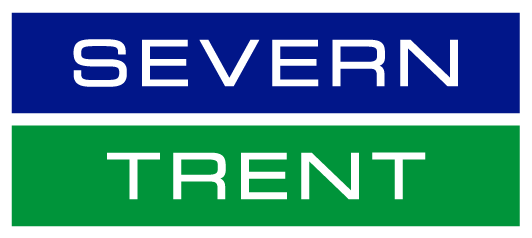Sustainability
Waste Management
Waste minimisation is increasingly becoming a focus at Severn Trent as we strive for zero waste, reducing packaging and volumes of waste by using innovation and changing consumer behaviour. We are committed to auditing compliance against waste regulations across our estates and improving our performance and quality of data.
145k tonnes of dry solids recycled to agricultural land
industry commitment to reduce plastic by equivalent of 4 billion plastic bottles
Zero waste to landfill target
Our aspiration is to send zero waste to landfill from our operations. Waste streams such as Facilities Management (‘FM’) and operational waste, Biosolids and IT hardware have landfill diversion rates as high as 99%. We are currently developing a plan to increase the percentage of all waste streams diverted from landfill and will use this audited data to set robust targets for waste reduction, reuse, recycling and recovery across all waste streams.
We have banned our most visible office waste: disposable coffee cups and single-use plastics – from our head office in Coventry and are planning to roll this out to other sites.
Our work to date has focused on our own waste, but in order to create a truly sustainable future we’ll need to support those around us to minimise waste and maximise reuse, recycling and recovery. In the next year we’ll be engaging with our suppliers on waste, alongside other sustainability considerations, and building waste-related requirements into our supplier selection criteria.
Biosolids
In the 2020 calendar year we recycled around 145,000 tonnes of dry solids to agricultural land with 100% satisfactory sludge use and disposal
For farmers, these biosolids are a high-quality alternative to manufactured fertilisers – at a competitive price – and play a vital role in enhancing soil quality and fertility.
All our Biosolids are certified to the Hazard Analysis and Critical Control Points Biosolids Assurance Scheme standards. Our certification number is NSFBAS/00/1/15.
We operate under the Sludge (Use in Agriculture) Regulations 1989 and apply The Safe Sludge Matrix 2001 -an agreement between Water UK and the British Retail Consortium, which represents the major supermarkets.
This deals with potential risks from pathogens when biosolids are spread on land.
Severn Trent Green Power is ISO 14001 certified and the sites are ISOQAR to ensure we are consistently in compliance with these standards.
Reducing single-use plastic
All water companies have agreed, as an industry, that by 2030 we will prevent the equivalent of 4 billion plastic bottles ending up as waste.
We’ve taken steps in our own facilities to reduce single use plastic.
We’re active supporters of the Refill scheme, with over 2,300 refill stations across our patch. 30% of our customers are now aware of the refill campaign. If all of these customers used a refill station once a week, then we would save 130 million plastic bottles in a year.
We’re also committed to educating our customers. In our new education programme for 2020 to 2025 one of the key messages is about promoting tap water and we will be asking school children to make a plastic reduction commitment such as pledging to carry a reusable water bottle.
We want to continue to work collaboratively with our supply chain to reduce our plastic footprint.
We’re continually influencing policy and conducting research into the wider impact of plastics.



